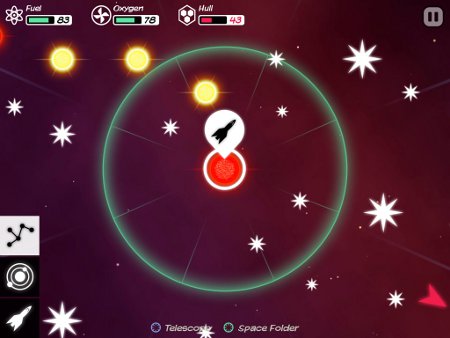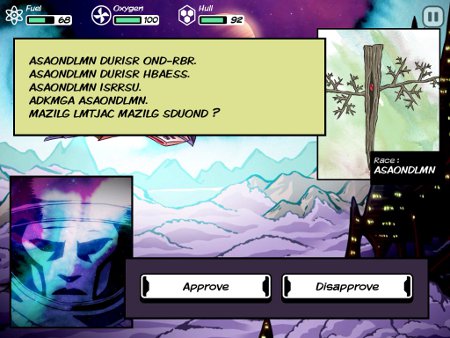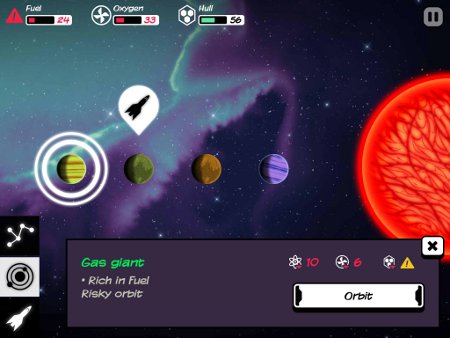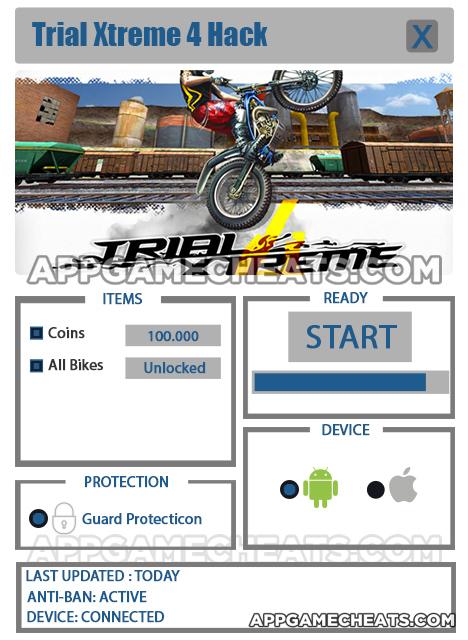Out There is a cruel, but hugely entertaining mix of exploration and choose-your-own-adventure style catastrophes.
So we thought it'd be worth your while if we gave you a few hints and tips to get the most of the deep and intriguing game.
The sad fact is that space is big and lonely and you're going to die and there's nothing I can do about that. Sorry. What I can do, however, is give you a few tips that might keep you alive for a bit longer.
Who knows - those extra few minutes of life might help you to learn something that will help keep you alive longer next time you're drifting in the abyss. Probably not though.
Bad things happen, be ready for themOne of the biggest kicks in the gut that
Out There throws at you is the random events you have no control over. Your space engines might break on any trip, your shields might crack under the squishing attentions of a space squid.
You can't stop these things from happening, but you can be prepared for them.

Check out the elements you need to repair the various pieces of equipment you have installed in your ship, and try and keep a stash of them at all times.
Sometimes this means rethinking the ship you're flying. Some faster vessels you'll find don't have the storage capacity, which means you're going to have to do a lot of juggling once you start getting buffeted by the cruel winds of chance.
If you find it, get itIf you're in a solar system with a gas giant, suck as much fuel out of it as you can. If you're in a solar system with rocky planets, get as much iron as you can. If you find a garden planet, land on it and fill up your oxygen reserves.
You might think you've got enough to get to the next star system without a worry, but that's when the game sends you light years off course, eating up a chunk of your fuel and leaving you having to take a massive risk just to stay alive.

It's so tempting to rush out into space and try and see everything, but sensible measured exploration is going to reward you with just as much, and you're less likely to end up choking to death in the endless blackness of the Universe.
Don't go over board though. If your cargo hold is full of the three essential elements, you're not going to have space for things like engines and rarer materials. Keep three spaces clear, top up your fuel, hull, and oxygen regularly, and you'll be on the right track.
Don't forget to transfer your stuffWhen you find a new ship it's tempting to whizz off into the unknown making spacey swooshy noises. But before you do that, you can take things out of your old ship and put it into the cargo hold of your new one.
It'll probably take a bit of juggling, especially if you're moving to a ship with a smaller storage space, but make sure you check you're not throwing away vital elements for repairing your new equipment.

Always check what your new stuff is for as well, and see if there are any non-vital systems you can take to bits to create more space and gain some extra elements. The more you play the game the more you'll know what can be sacrificed without your explorations taking too much of a hit.
You can even break down the equipment in the ship you're abandoning to scrape up a few extra chunks of material.
Don't be scared to dieThis is probably the most important piece of advice for
Out There players. It's okay to die, because every death teaches you something about the game. Death is as much a part of the learning curve as figuring out what the buttons do.
Every universe you explore is different, but the words you learn from the alien races in one game transfer to the next, so you're a little more prepared to face the cruel machinations of fate the next time round.
You'll learn which ship suits you best, and figure out which bits of technology are the most important to try and obtain.
Of course, the game might not throw them at you early enough, or you might get sucked into a black hole and crushed into oblivion, but that's half of the fun.









 Real Boxing 2 CREED: How to become a great boxer
Real Boxing 2 CREED: How to become a great boxer Math Academy Four 3×3 Squares Answers
Math Academy Four 3×3 Squares Answers 100 Pics Shapes Pack Levels 1-100 Answers
100 Pics Shapes Pack Levels 1-100 Answers Who Am I? Shadows Answers Level 51-75
Who Am I? Shadows Answers Level 51-75 Auto Battle Wiki Guide FAQ Tips Tricks Cheats » Wiki Guide Tip
Auto Battle Wiki Guide FAQ Tips Tricks Cheats » Wiki Guide Tip